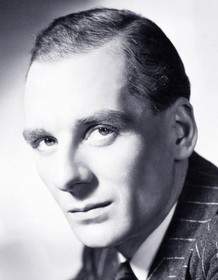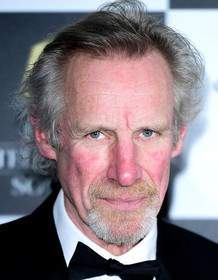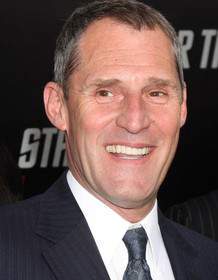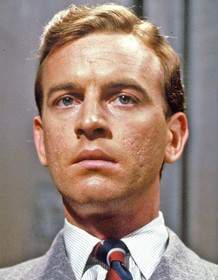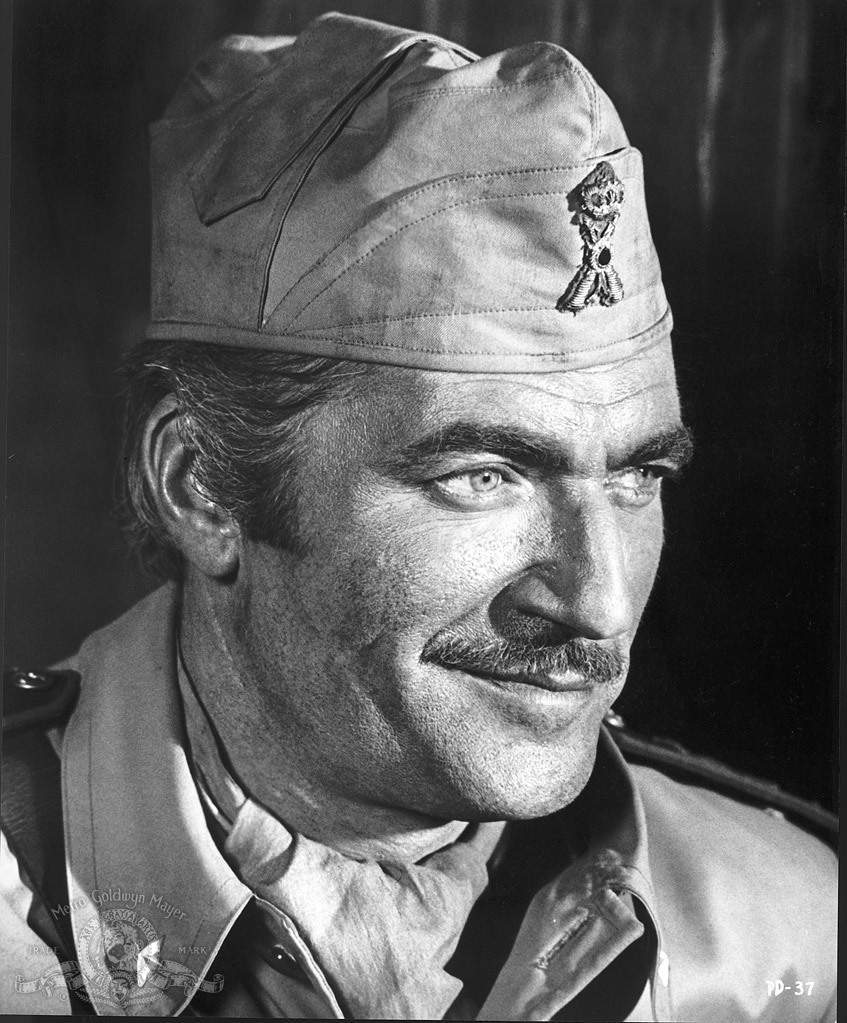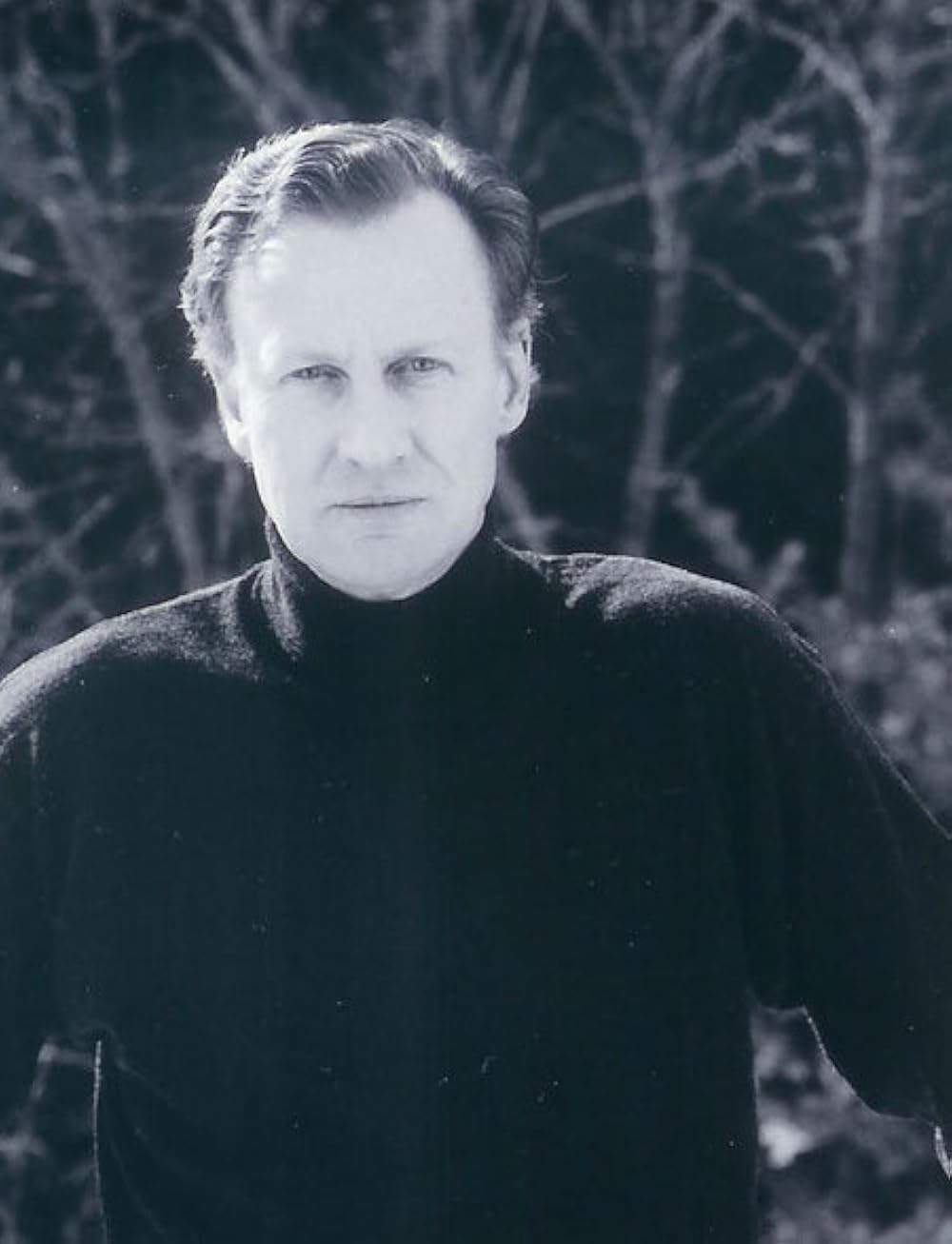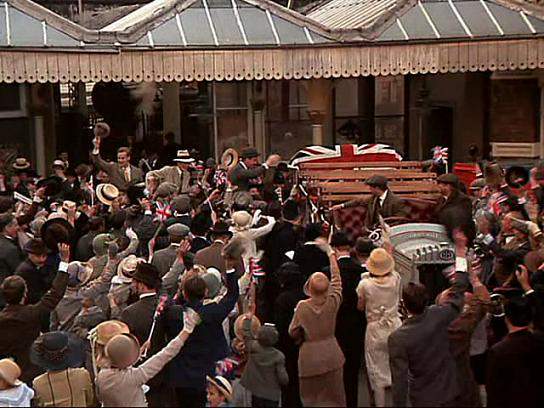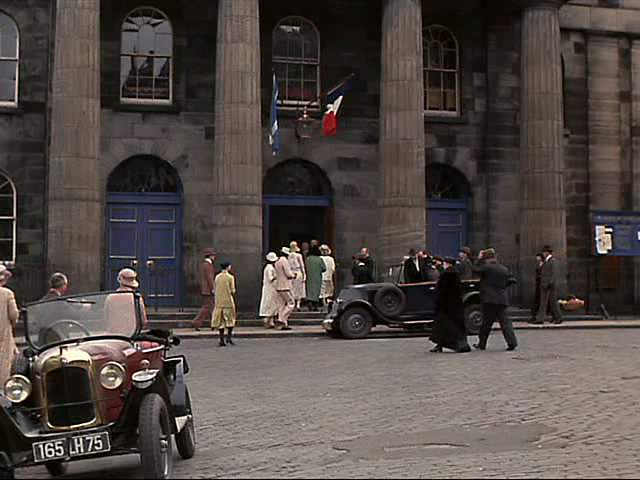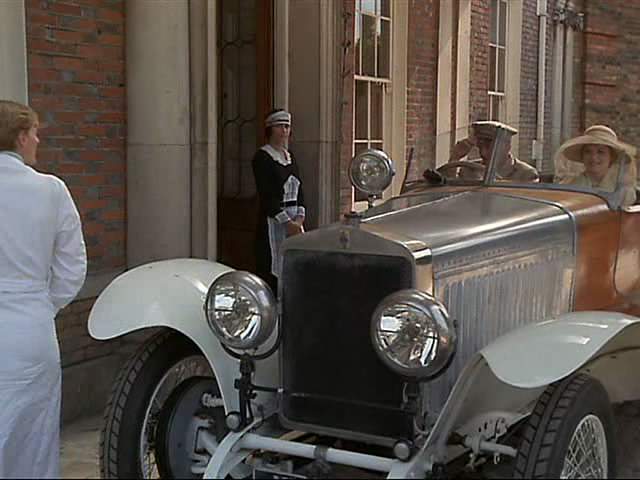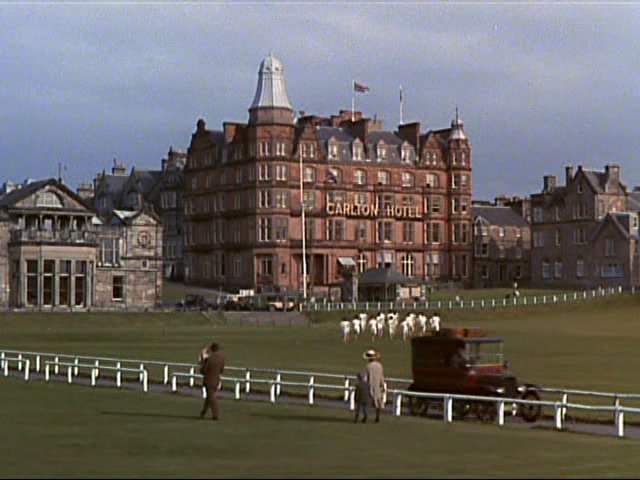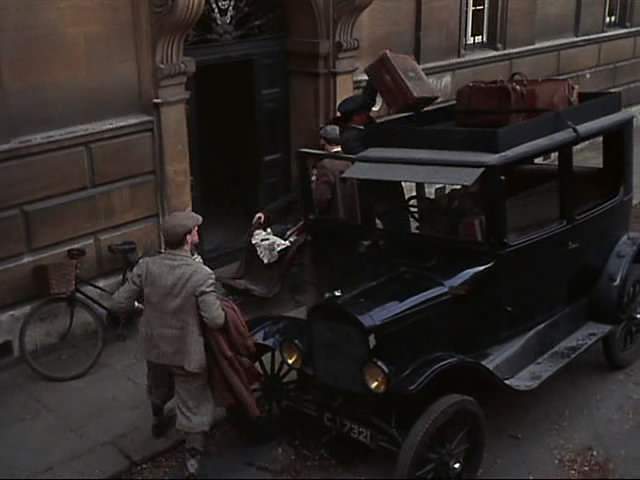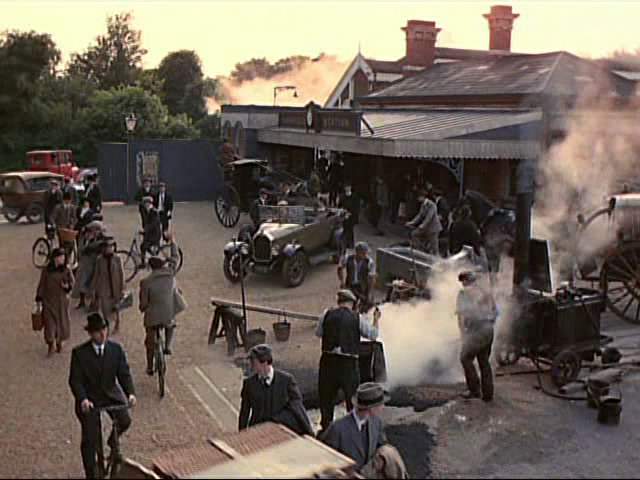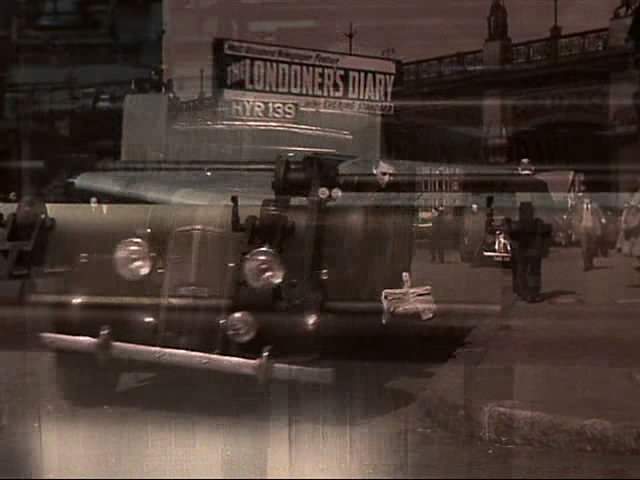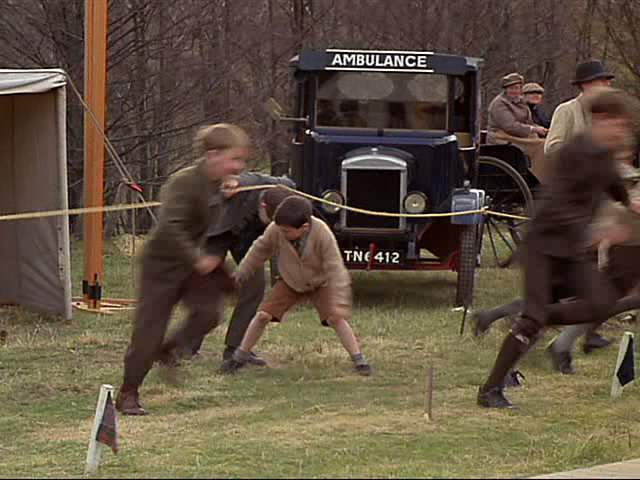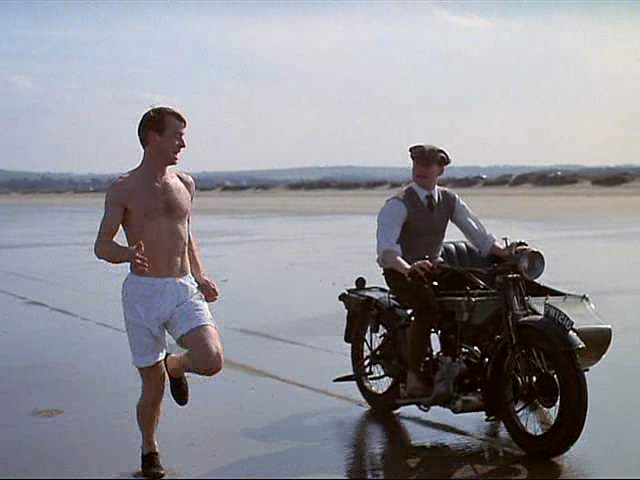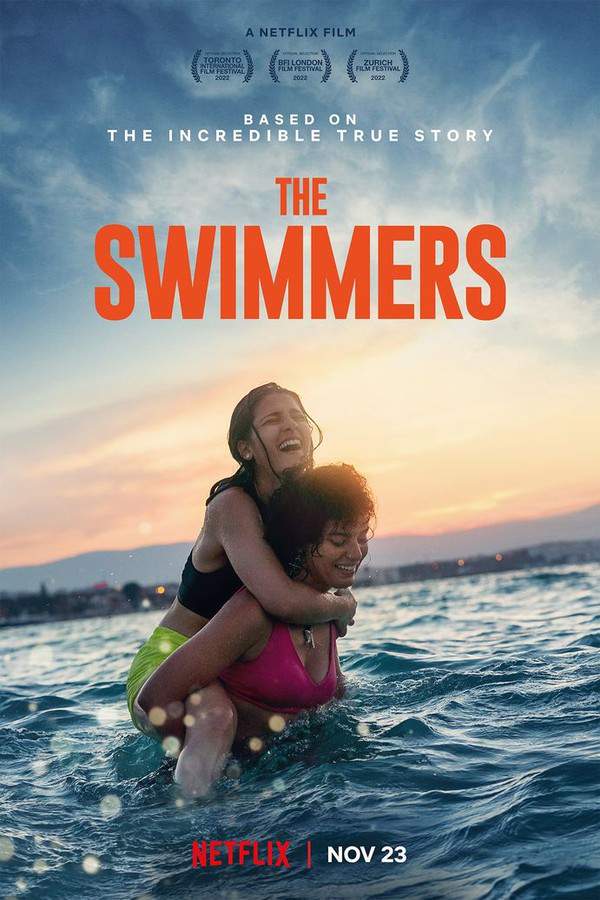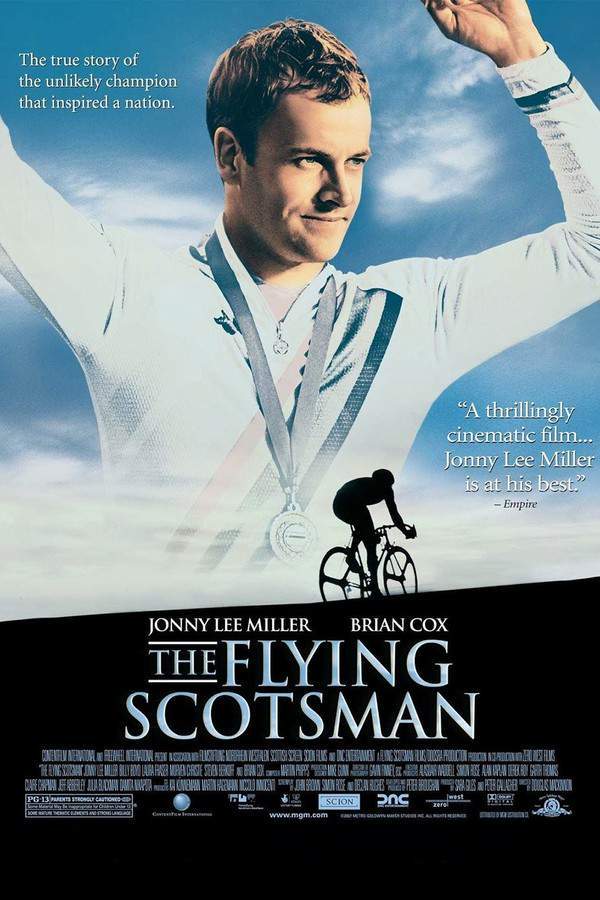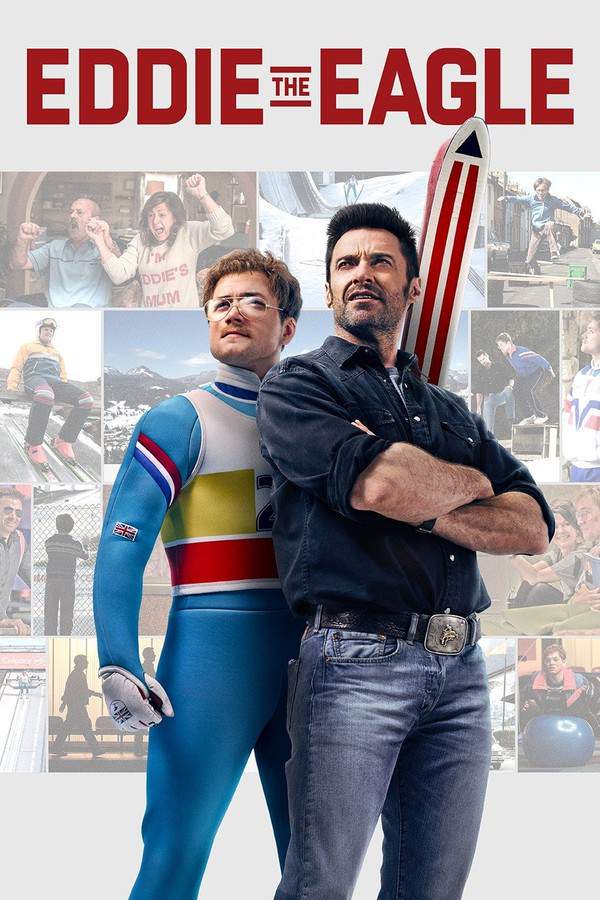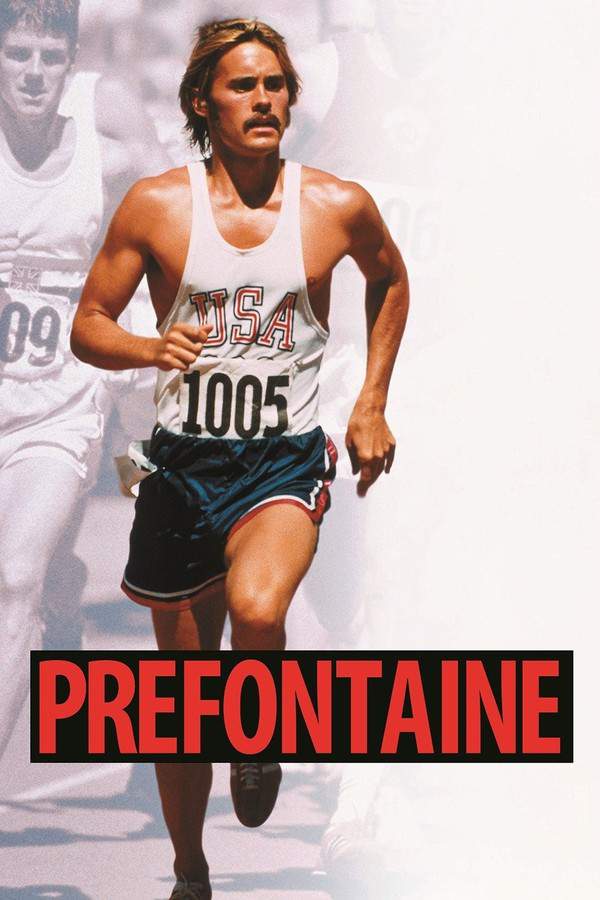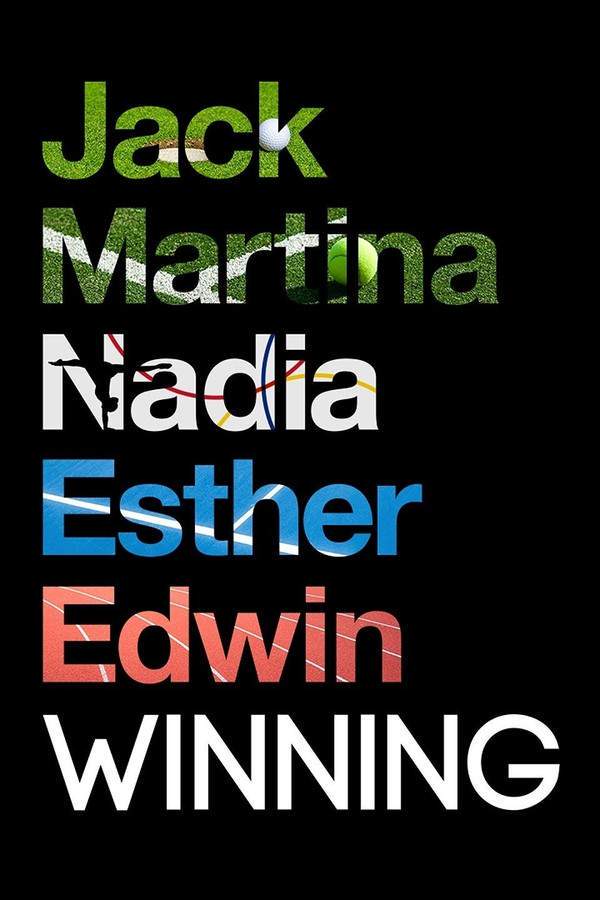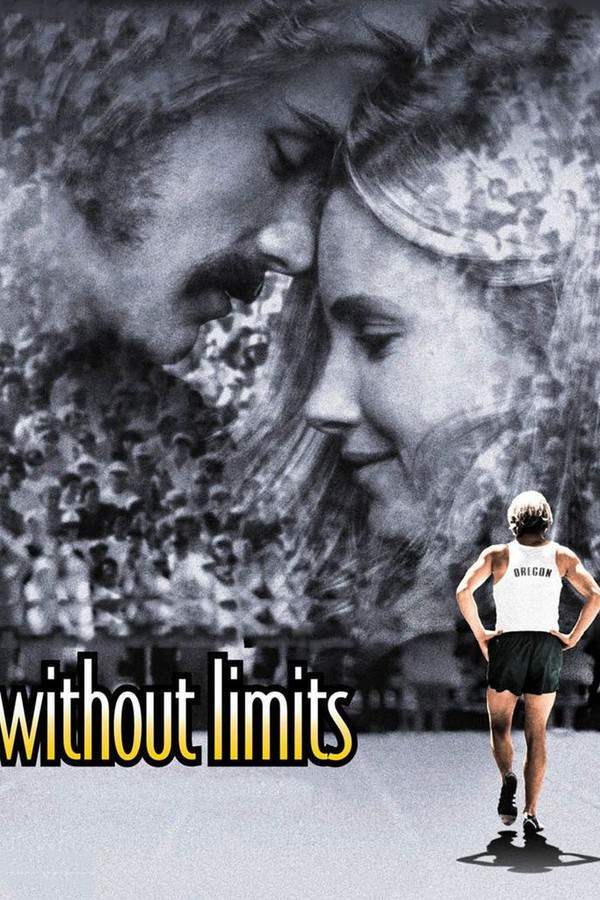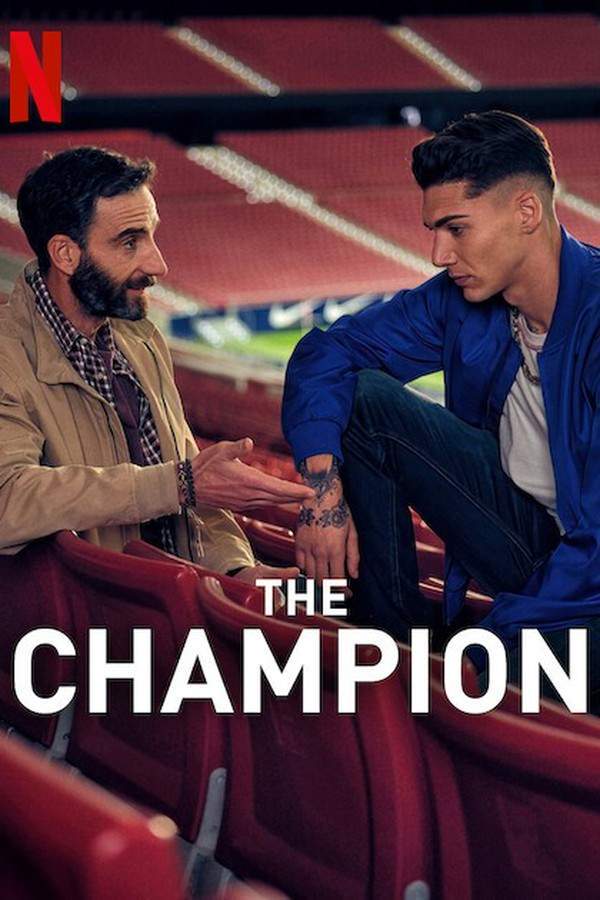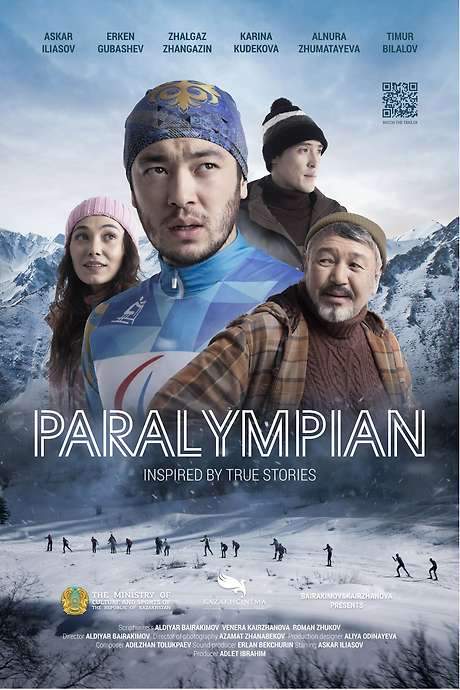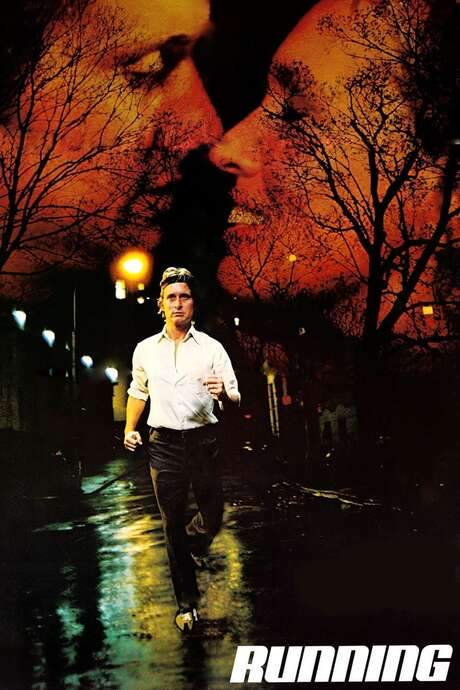Chariots of Fire 1982
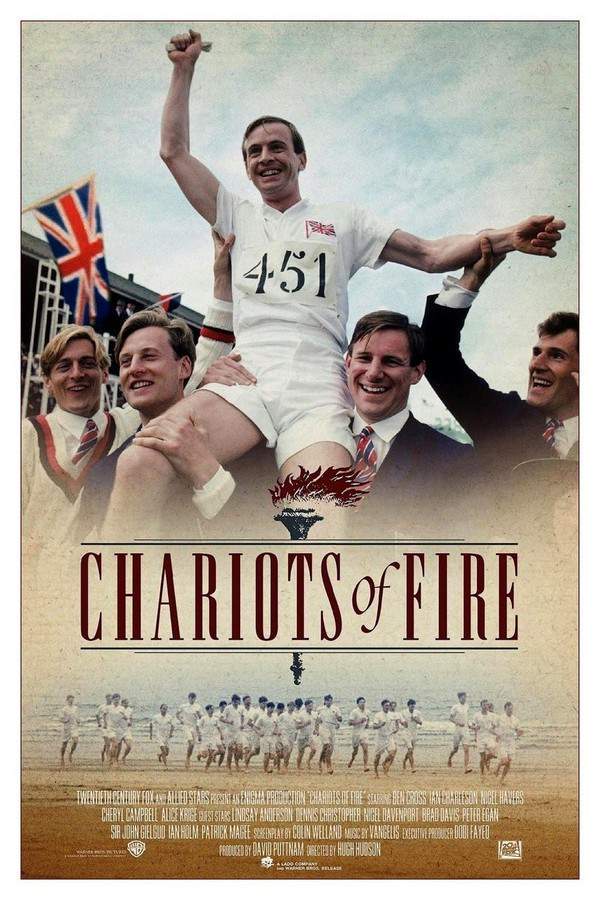
In 1920s Britain, two athletes with differing beliefs and backgrounds find their paths intertwined as they prepare for the 1924 Paris Olympics. Eric Liddell, a devout Scottish missionary's son, faces a conflict between his religious faith and his passion for running, choosing not to compete on Sundays. Simultaneously, Harold Abrahams is driven by a fierce determination to overcome prejudice and achieve athletic glory, often at a personal cost, sacrificing relationships and a sense of self in his relentless pursuit of victory.
Does Chariots of Fire have end credit scenes?
No!
Chariots of Fire does not have end credit scenes. You can leave when the credits roll.
Meet the Full Cast and Actors of Chariots of Fire
Explore the complete cast of Chariots of Fire, including both lead and supporting actors. Learn who plays each character, discover their past roles and achievements, and find out what makes this ensemble cast stand out in the world of film and television.
External Links and Streaming Options
Discover where to watch Chariots of Fire online, including streaming platforms, rental options, and official sources. Compare reviews, ratings, and in-depth movie information across sites like IMDb, TMDb, Wikipedia or Rotten Tomatoes.
Ratings and Reviews for Chariots of Fire
See how Chariots of Fire is rated across major platforms like IMDb, Metacritic, and TMDb. Compare audience scores and critic reviews to understand where Chariots of Fire stands among top-rated movies in its genre.

78
Metascore
6.8
User Score


84%
TOMATOMETER

80%
User Score

68
%
User Score
Take the Ultimate Chariots of Fire Movie Quiz
Challenge your knowledge of Chariots of Fire with this fun and interactive movie quiz. Test yourself on key plot points, iconic characters, hidden details, and memorable moments to see how well you really know the film.
Chariots of Fire Quiz: Test your knowledge on the inspirational story of Harold Abrahams and Eric Liddell in 'Chariots of Fire'.
In what year does Harold Abrahams' story begin at the University of Cambridge?
1910
1915
1919
1924
Show hint
Awards & Nominations for Chariots of Fire
Discover all the awards and nominations received by Chariots of Fire, from Oscars to film festival honors. Learn how Chariots of Fire and its cast and crew have been recognized by critics and the industry alike.
The 54th Academy Awards 1982
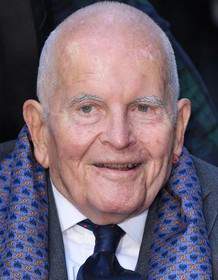
Costume Design
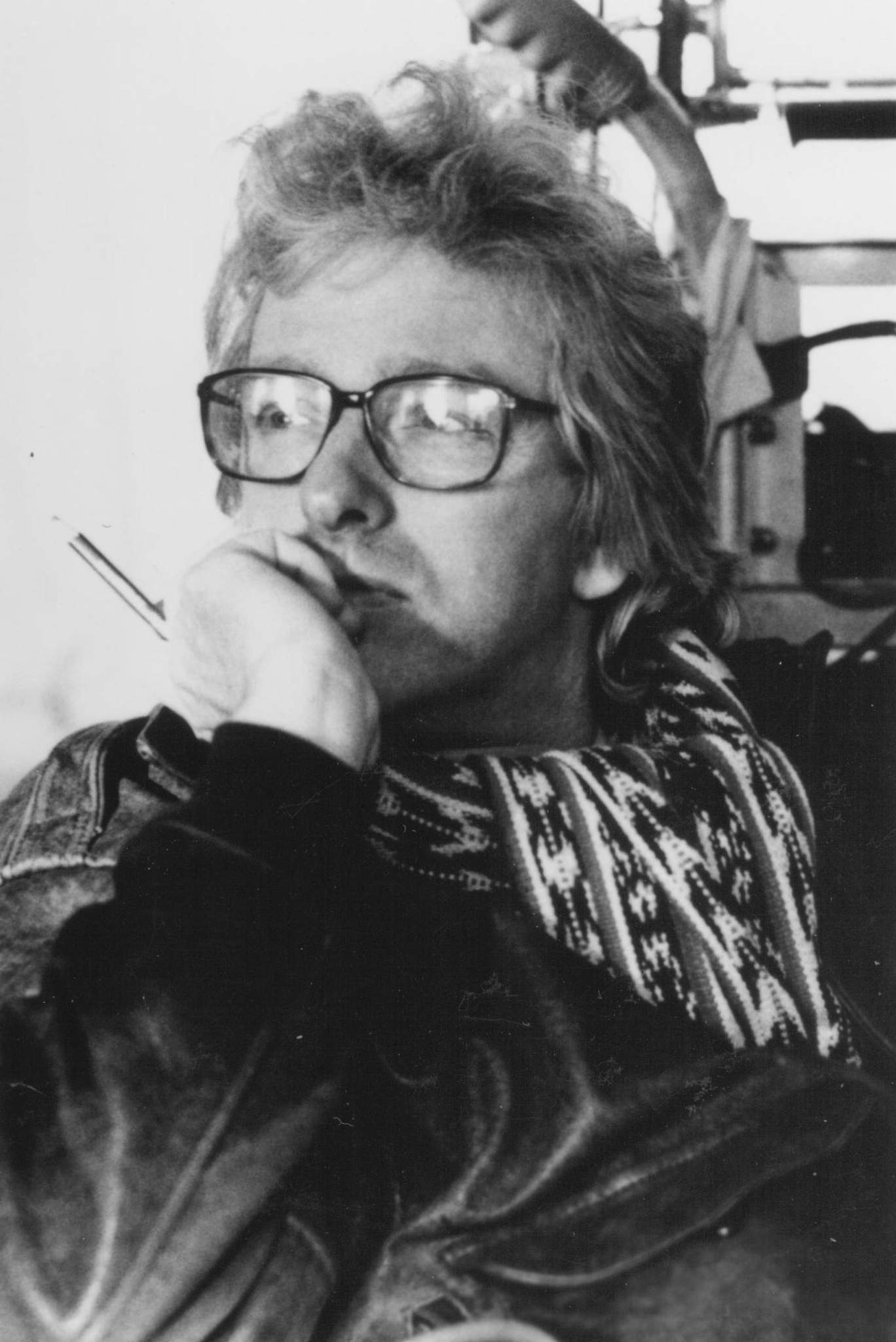
Film Editing
Best Picture
Writing (Screenplay Written Directly for the Screen)
35th British Academy Film Awards 1982


Best Screenplay
Best Cinematography
Best Costume Design
Best Editing
Best Production Design
Best Sound
34th Directors Guild of America Awards 1982

39th Golden Globe Awards 1982
Best Foreign Film
6th Toronto International Film Festival 1981

Full Plot Summary and Ending Explained for Chariots of Fire
Read the complete plot summary of Chariots of Fire, including all major events, twists, and the full ending explained in detail. Explore key characters, themes, hidden meanings, and everything you need to understand the story from beginning to end.
During a memorable funeral service in London, held in 1978 to honor the life of Harold Abrahams, led by his former colleague Lord Andrew Lindsay, the narrative journeys back to a flashback of Abrahams’ youthful days, running joyously along the beach alongside fellow athletes.
In 1919, Harold starts his journey at the University of Cambridge, where he faces antisemitism from faculty members. However, he finds joy in participating in the Gilbert and Sullivan club. Achieving a remarkable feat, he becomes the first individual to complete the Trinity Great Court Run, timing his sprint to coincide perfectly with the clock striking noon. His incredible talent earns him an impressive record of victories in national running competitions. Amidst his athletic pursuits, he cultivates a romance with Sybil Gordon, a leading soprano in the Gilbert and Sullivan performances.
On another path, Eric Liddell, born to Scottish missionaries in China, resides in Scotland. His devoted sister Jennie disapproves of his ambition to become a competitive runner, but Liddell views his running as a means to honor God before he eventually returns to missionary work in China. During their initial race, Liddell bests Abrahams, a loss that Abrahams struggles to accept. Turning to Sam Mussabini, a professional trainer he had sought out earlier, Abrahams intends to enhance his technique. This decision draws ire from the college masters at Cambridge, who deem it improper for an amateur to seek guidance from a professional. Abrahams, however, perceives their objections as a thinly veiled excuse for underlying antisemitism and class prejudice. Meanwhile, after Liddell skips a church service due to training, Jennie confronts him, fearing his dedication to running supersedes his devotion to God. Liddell counters her concerns, explaining that his regular running feels like a divine calling, and not to run would be to dishonor his faith.
After years of rigorous training and competition, both athletes are selected to represent Great Britain at the 1924 Paris Olympics, joined by Abrahams’ Cambridge friends Andrew Lindsay, Aubrey Montague, and Henry Stallard. However, as they board the ship to France, Liddell learns that the heats for his 100-meter race are scheduled for a Sunday. Despite immense pressure from the Prince of Wales and the British Olympic Committee, he firmly refuses to participate due to his Christian convictions. A resolution comes about through his teammate Lindsay, who generously offers to give up his spot in the 400-meter race so Liddell can compete. The world takes note of Liddell’s staunch beliefs, culminating in a heartfelt sermon he delivers that Sunday at the Paris Church of Scotland, where he quotes from Isaiah 40.
Unfortunately, Abrahams faces a setback in the 200-meter race, where he is notably outpaced by favored American competitors. He realizes that his last opportunity for an Olympic medal will come in the 100-meters. With determination, he competes and triumphs, securing the gold medal and realizing the fruits of his tireless dedication in training, much to the joy of his coach Mussabini, who was prohibited from entering the stadium. At last, Abrahams can shift his focus back to Sybil, whose love he had set aside for his athletic pursuits. Before the new challenge of the 400-meter event, an American coach displays skepticism, downplaying Liddell’s chances. Yet, an American runner, Jackson Scholz, passes Liddell a note of encouragement quoting 1 Samuel 2:30. With resilience, Liddell overcomes the odds and captures the gold medal. The British team returns home amidst a wave of triumph.
In a poignant conclusion, an epilogue reveals that Abrahams married Sybil, emerging as a revered figure in British athletics, while Liddell dedicated his life to missionary work, leaving a lasting legacy cherished by all of Scotland after his passing in Japanese-occupied China.
Uncover the Details: Timeline, Characters, Themes, and Beyond!

Coming soon on iOS and Android
The Plot Explained Mobile App
From blockbusters to hidden gems — dive into movie stories anytime, anywhere. Save your favorites, discover plots faster, and never miss a twist again.
Sign up to be the first to know when we launch. Your email stays private — always.
Watch Trailers, Clips & Behind-the-Scenes for Chariots of Fire
Watch official trailers, exclusive clips, cast interviews, and behind-the-scenes footage from Chariots of Fire. Dive deeper into the making of the film, its standout moments, and key production insights.
Cars Featured in Chariots of Fire
Explore all cars featured in Chariots of Fire, including their makes, models, scenes they appear in, and their significance to the plot. A must-read for car enthusiasts and movie buffs alike.
Chariots of Fire Themes and Keywords
Discover the central themes, ideas, and keywords that define the movie’s story, tone, and message. Analyze the film’s deeper meanings, genre influences, and recurring concepts.
Chariots of Fire Other Names and Titles
Explore the various alternative titles, translations, and other names used for Chariots of Fire across different regions and languages. Understand how the film is marketed and recognized worldwide.
Similar Movies To Chariots of Fire You Should Know About
Browse a curated list of movies similar in genre, tone, characters, or story structure. Discover new titles like the one you're watching, perfect for fans of related plots, vibes, or cinematic styles.
Quick Links: Summary, Cast, Ratings, More

What's After the Movie?
Not sure whether to stay after the credits? Find out!
Explore Our Movie Platform
New Movie Releases (2025)
Famous Movie Actors
Top Film Production Studios
Movie Plot Summaries & Endings
Major Movie Awards & Winners
Best Concert Films & Music Documentaries
Movie Collections and Curated Lists
© 2025 What's After the Movie. All rights reserved.



